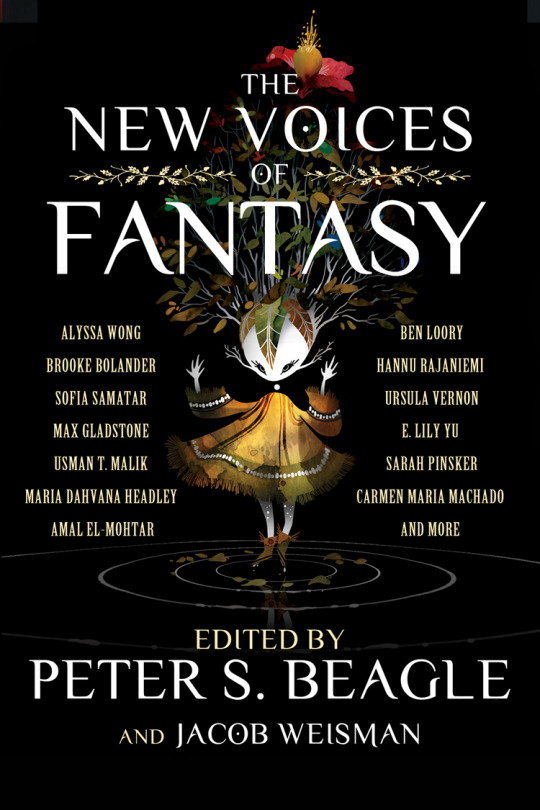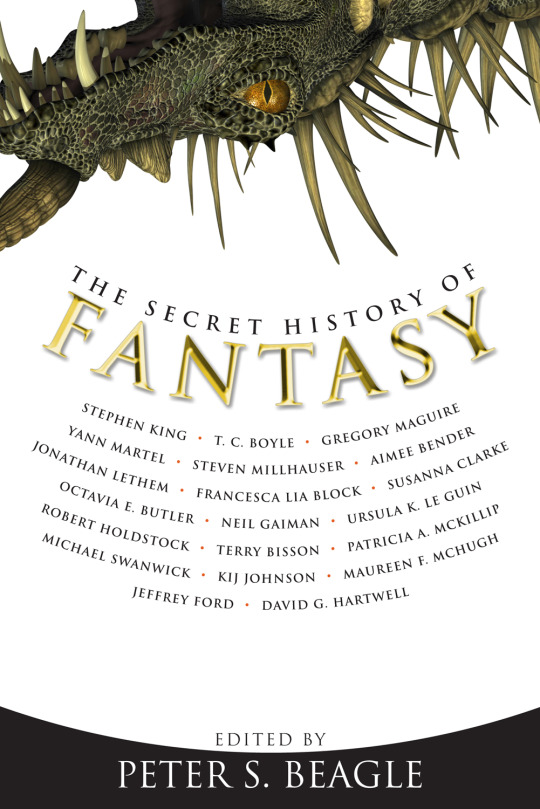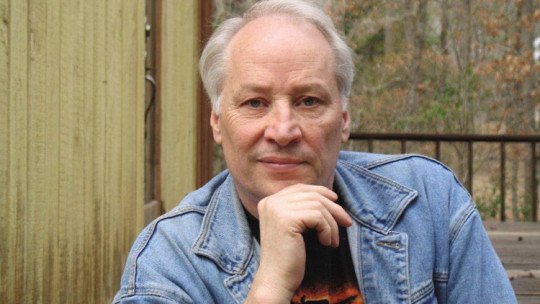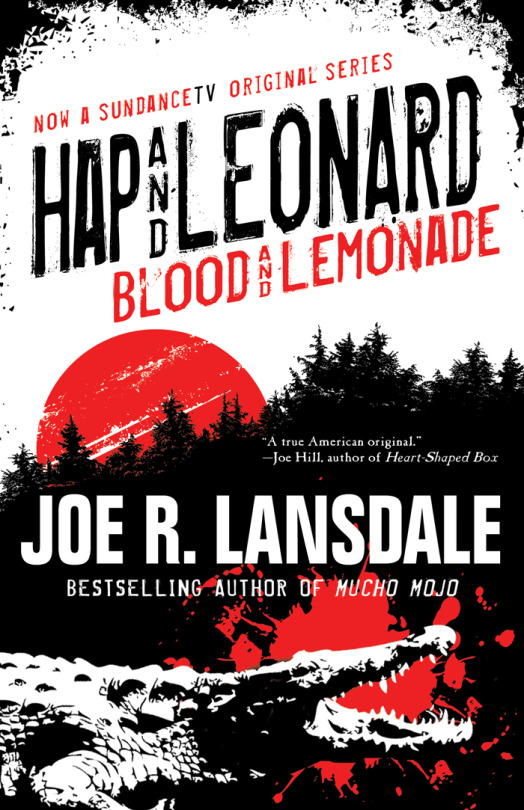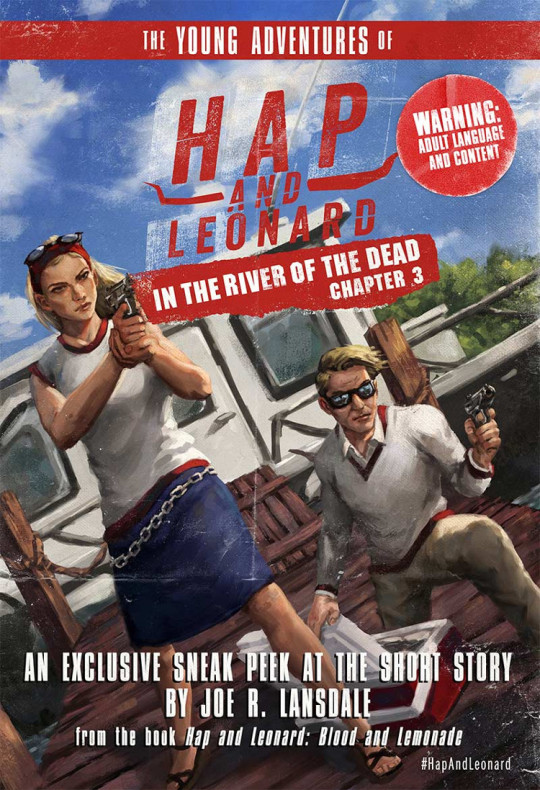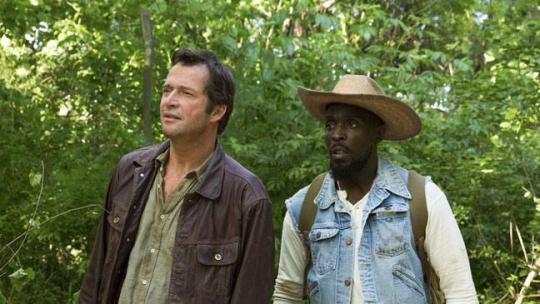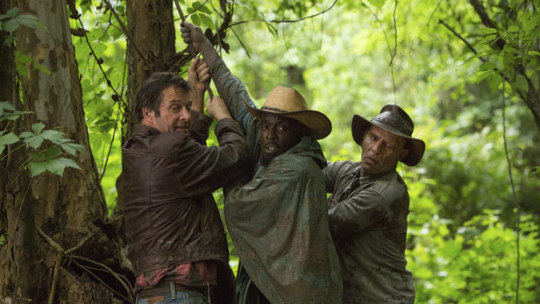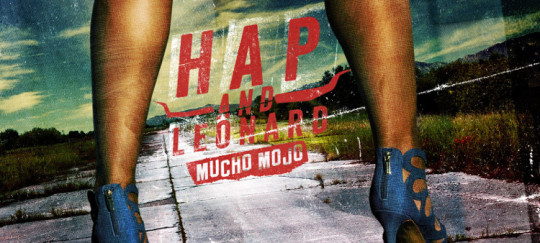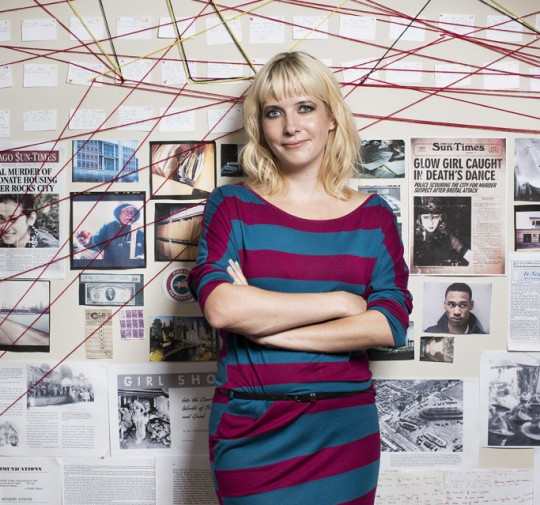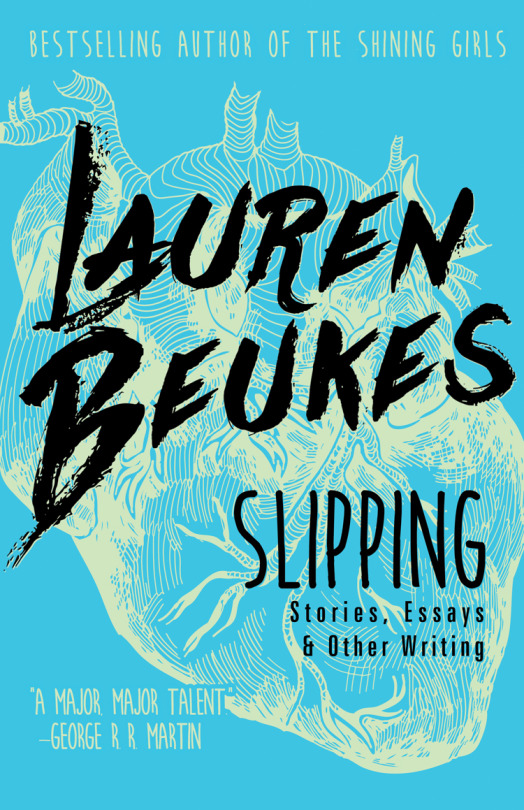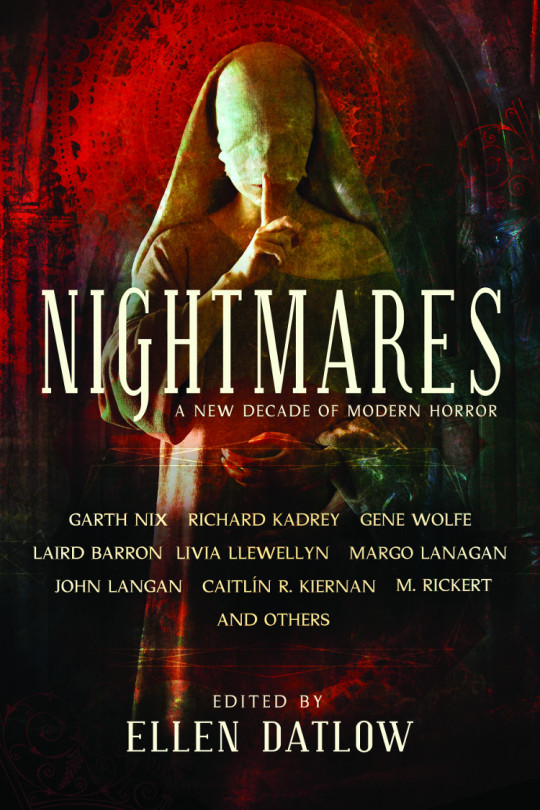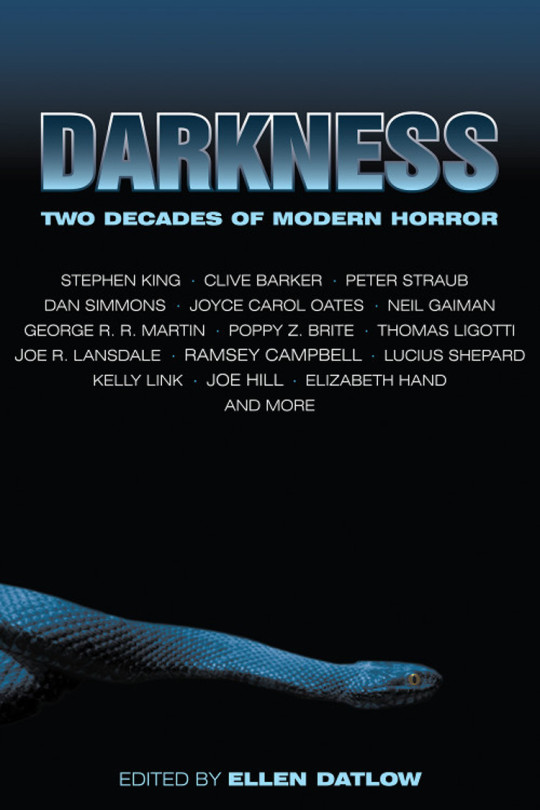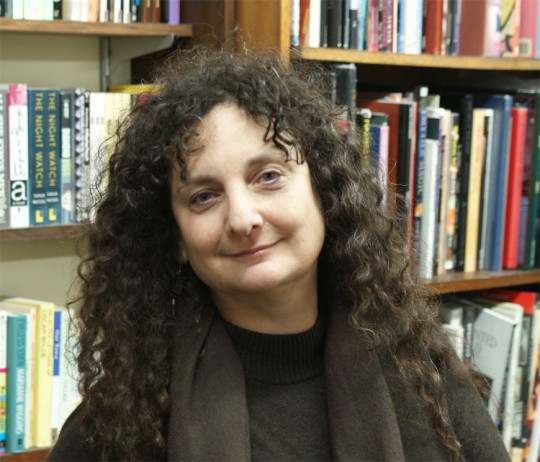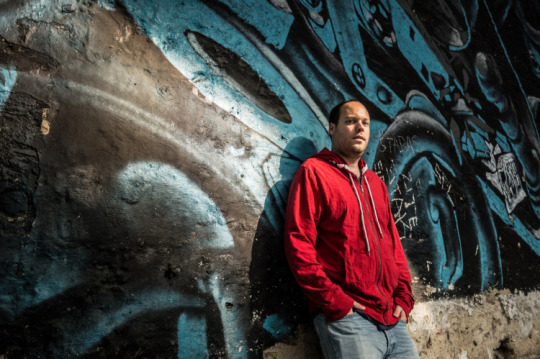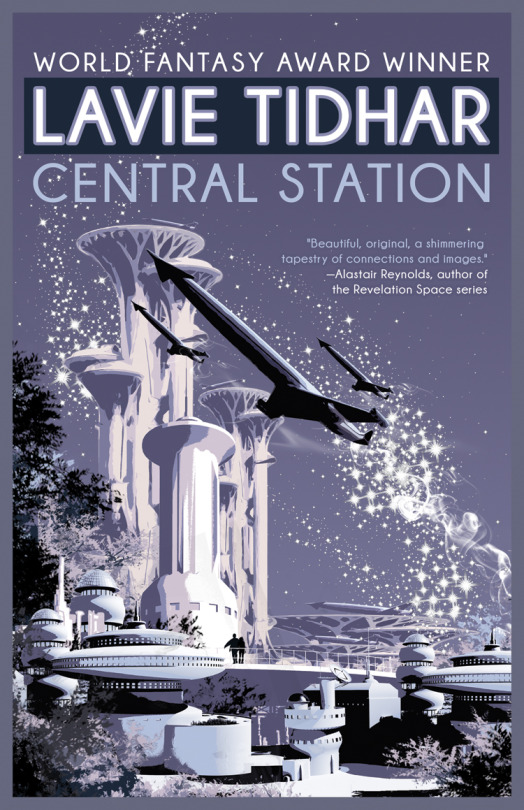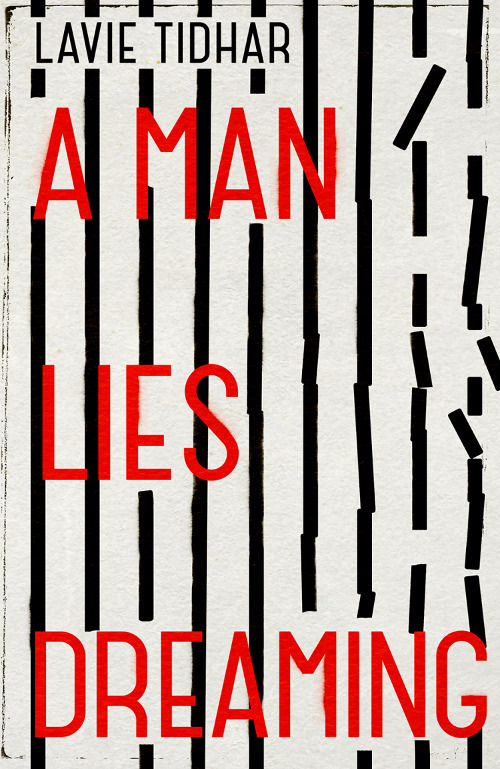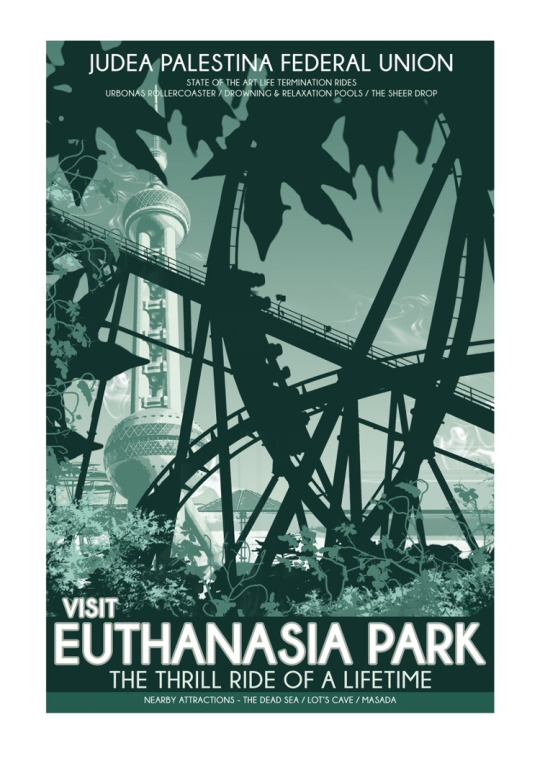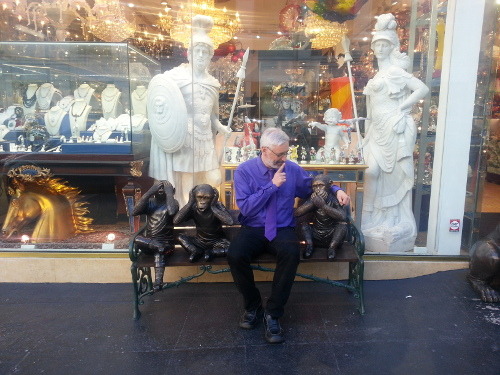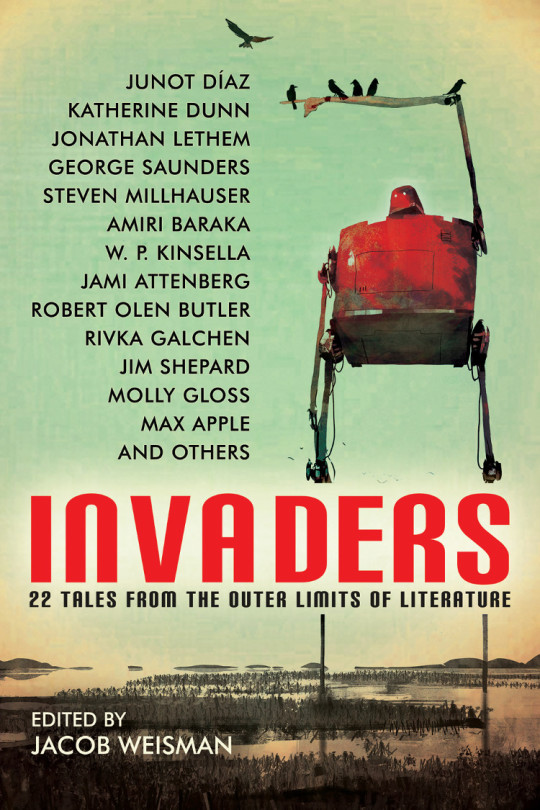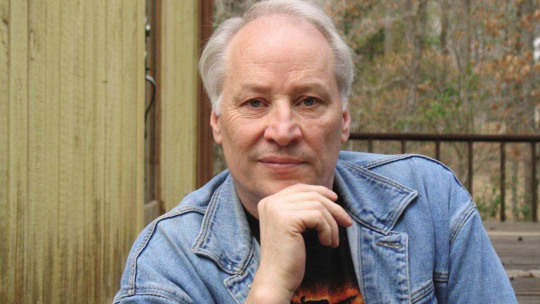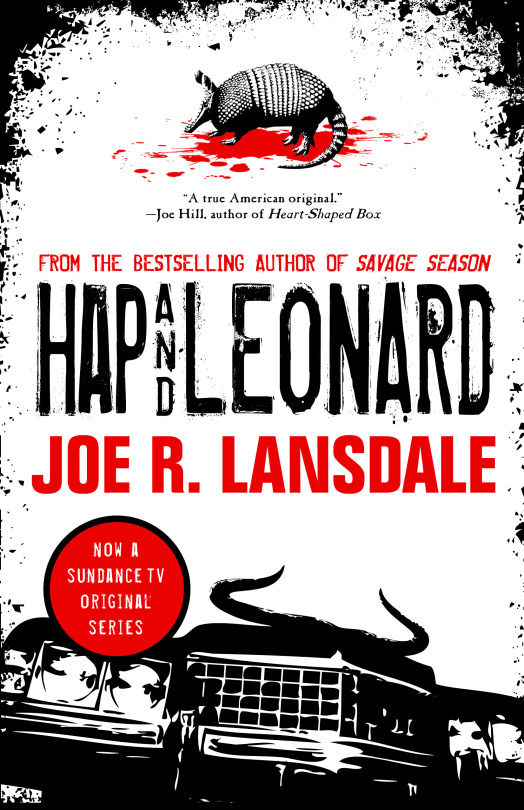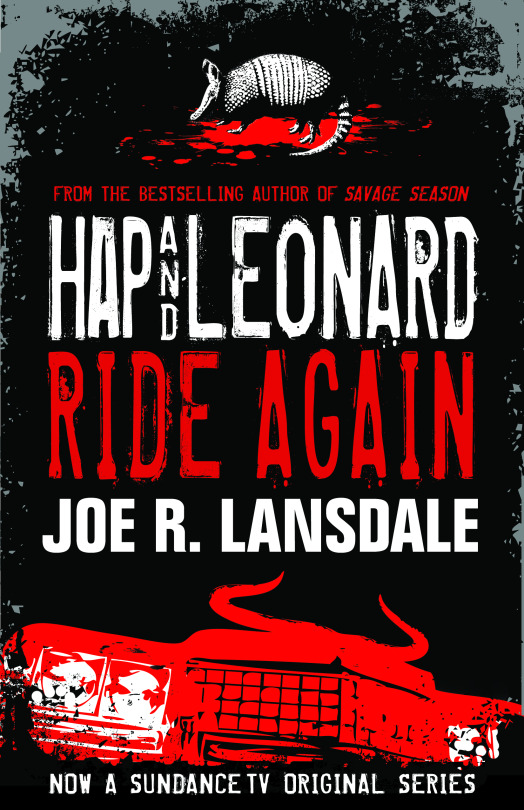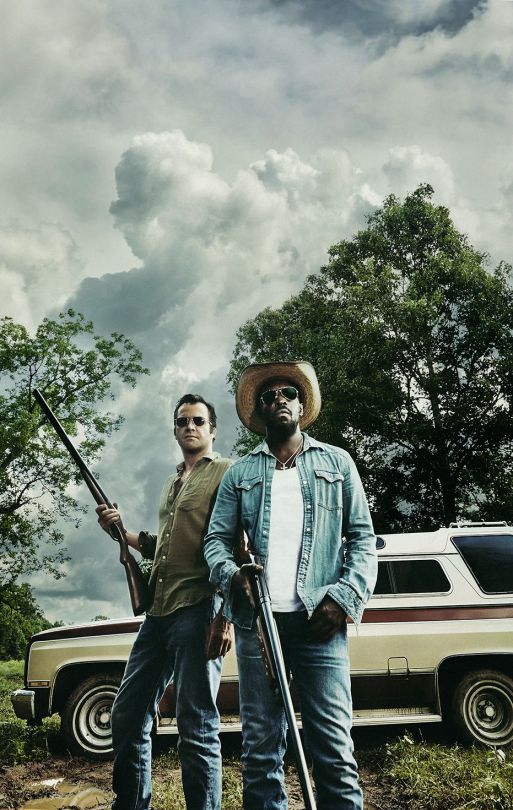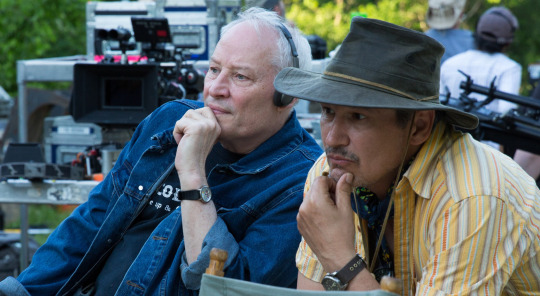UNHOLY LAND showcases Lavie Tidhar’s genius at conjuring realities
Further appreciations for Lavie Tidhar’s masterful and thought-provoking UNHOLY LAND.
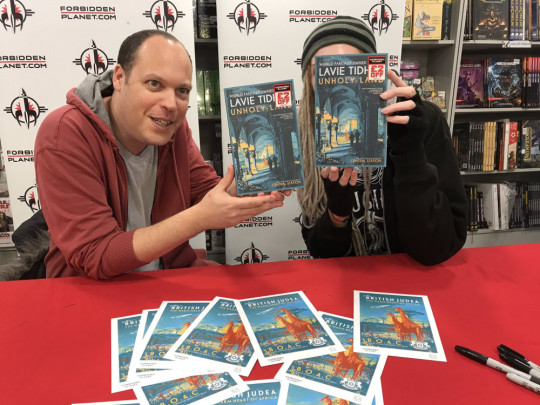
Lavie Tidhar and cover artist Sarah Anne Langton at Forbidden Planet (photo: Jon Harrison via Twitter)
For NPR, Jason Sheehand praises the novel.
Lavie Tidhar is a genius at conjuring realities that are just two steps to the left of our own — places that look and smell and feel real, if just a bit hauntingly alien. UNHOLY LAND develops slowly. It begins with banal strangeness (this Palestinia, so like and unlike modern-day Israel) and leans gently into it.
<snip>
This is a story that gets weirder the deeper you get into it; that cultivates strangeness like something precious. It has three narrators: Investigator Bloom, Tirosh and a woman, Nur, who works as a field agent for the Border Agency. There are echoes of Chabon’s The Yiddish Policeman’s Union in it, wild strains of P.K. Dick and Roger Zelazny’s Chronicles of Amber. But UNHOLY LAND is its own thing. Something that no one but Tidhar could’ve written. Gorgeous in its alienness, comfortingly gray in its banality, and disquieting throughout.
And yes, it’s a story about the magic of writers, partly, and that may rub some people the wrong way. Normally, it might rub me the wrong way, but because it’s Tidhar, somehow, that makes it okay. Because he approaches it with a certain reverence for the pulps and the hacks, for the cheapness of collections of Golden Age sci-fi space-ships-and-ray-guns imaginings, for the sadness of worlds that never were. Because writers — his writers, the writers loved and tolerated by his slouching, strange, murderous characters — shape worlds without knowing their own power; for pennies a word; in lonely rooms never understanding what they do.
“History is not one thing,” Tidhar writes, in the voice of an instructor from the Border Agency. “It is a tapestry, like an old Persian rug, multiple strands of stories, criss-crossing. Some are strong, central. Some fray at the ends, or fall off altogether.”
The places where they meet are the important places. The most interesting. That’s where Tidhar’s characters live. It’s where they die. It’s where they come together to create or destroy or protect the realities that are most central to them.
BATTERED, TATTERED, YELLOWED, & CREASED offers more positive feedback.
Tidhar is certainly not a simple hack like Tirosh; coming hot on the heels of his award-winning CENTRAL STATION, UNHOLY LAND is no slouch. The writing is just as sharp, but it trades CENTRAL STATION’s more relaxed tone—something of a family drama set in futuristic melting-pot Tel Aviv filled with rusted futurism and the scent of orange groves—for something more befitting an alternate reality noir. The narrative is more puzzle-like, the intricate and tightly-knotted plot centered on Tirosh’s investigation before expanding to include a pair of other time travelers and their motivations. (An interesting note, Tirosh’s story is told in the normal third person, while the others are in the first-person and second person, making each narrator instantly identifiable.). CENTRAL STATION and UNHOLY LAND take older SF genre elements and filter them through modern literary sensibilities; both are vividly written, and both are wondrous science fiction visions, but beyond that they are unique masterpieces.
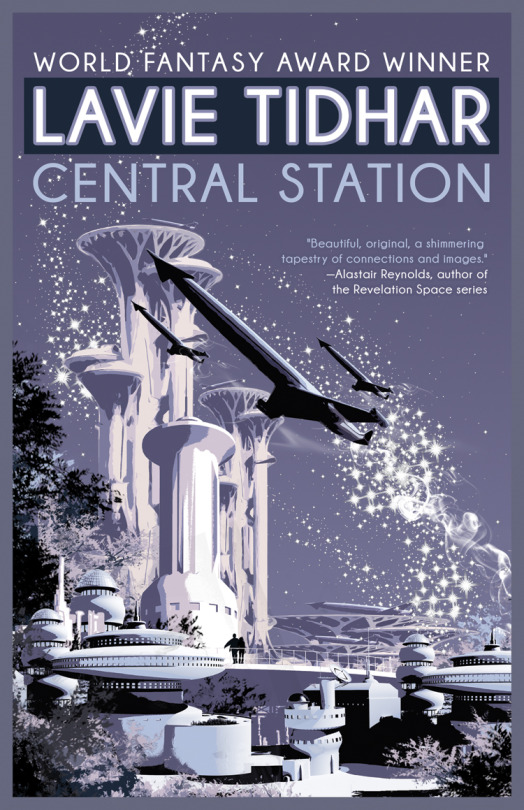
UNHOLY LAND is a gem of modern science fiction. The elements and themes used in its construction are uncommon but not unique, which should be obvious since I just compared it to a half-dozen other novels. And yet it’s that rarest of books, the kind of novel that takes those elements and transcends them through the strength of its writing and ambition of its story. I find myself digesting its implications and pondering its many layers weeks after I finished reading it. Lavie Tidhar takes those building blocks and weaves a spellbinding story that’s both gripping and quite unlike anything else being published today. I’ve long been convinced of Tidhar’s genius, and UNHOLY LAND just further cements that in my brain. What Tidhar writes today is where science fiction will go tomorrow. UNHOLY LAND is a stunning achievement, a masterful and thought-provoking novel, and I look forward to seeing where Tidhar goes from here.
Robin Brooks at GEEK DAD shares 5 Reasons to Read UNHOLY LAND by Lavie Tidhar.
1. Intriguing Premise.
As I said at the top of the review, Tidhar’s books always have at their heart a strong, often unusual premise. Whilst UNHOLY LAND‘s premise isn’t quite in the same “You’re doing what?!” category as Osama and A Man Lies Dreaming, it does immediately capture the reader’s attention. Much like Michael Chabon’s The Yiddish Policeman’s Union, Tidhar imagines the existence of an alternative Jewish homeland, Palestina.
Drawing on the real-world possibility of a Jewish settlement in Africa, mooted in the early part of the 20th Century, Tidhar imagines what the world might have been like if the such a state had been set up. What follows is an alternate history where key events for history are different, but how much will things really change?
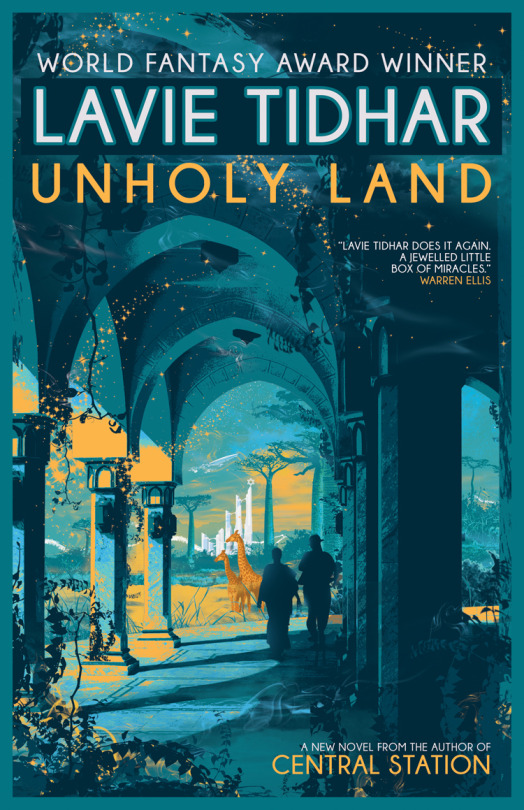
For SENSE OF WONDER, Cristina Jurado enjoys the book.
I must confess I tremendously enjoyed this story. Not only the culture sounded very familiar (Lebanon is even briefly present); the dynamics of a fundamental social fracture -in alternative Palestine it is between Africans and Palestinians- are sadly known territory for everybody who follows the news. Many countries are divided now more than ever, between national sentiments, religious affiliations or political stances. The product of all this is, precisely, a permanent fragmented state of things, in which each group seems to live in their own reality.
Tidhar’s magic touch is the result of a very concise and evocative prose, an ingenious imagination, and the ability to poke the reader’s social conscience. The story nicely flows, like the smoke of a water pipe, and in the descriptions the reader can almost sense the scent of cinnamon, cumin and roasted pine nuts in the streets of Ararat city. Any fan of good speculative fiction with a pitch of noir, some pulp hints and a lot of sense of wonder will enjoy UNHOLY LAND, Lavie Tidhar’s voyage into the power of historical possibilities.
For more info on UNHOLY LAND, visit the Tachyon page.
For more info about CENTRAL STATION, visit the Tachyon page.
Covers by Sarah Anne Langton

